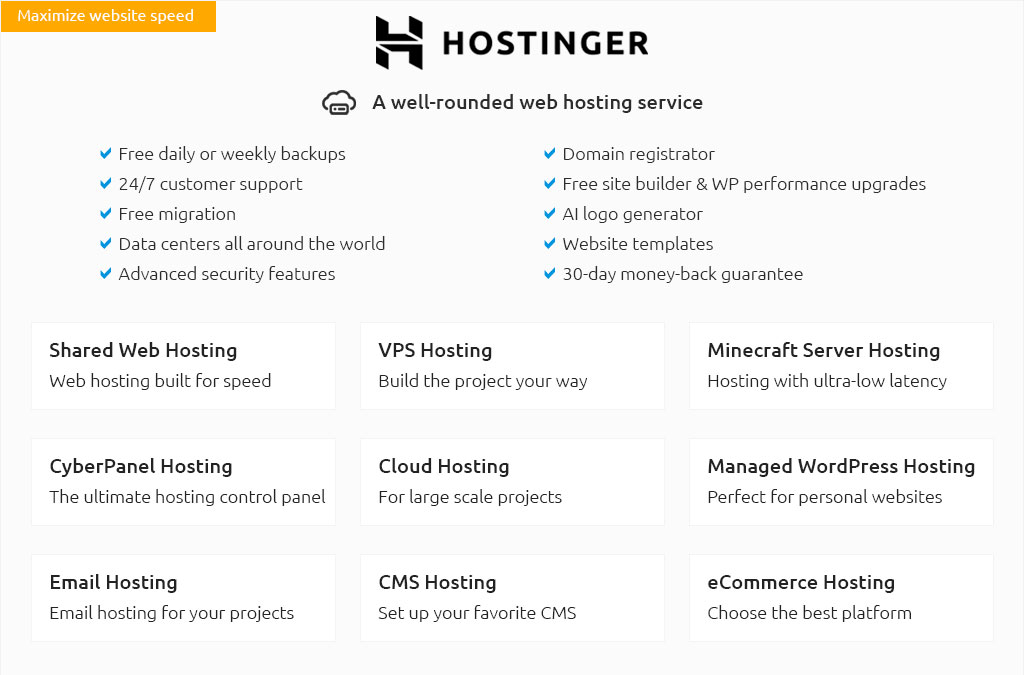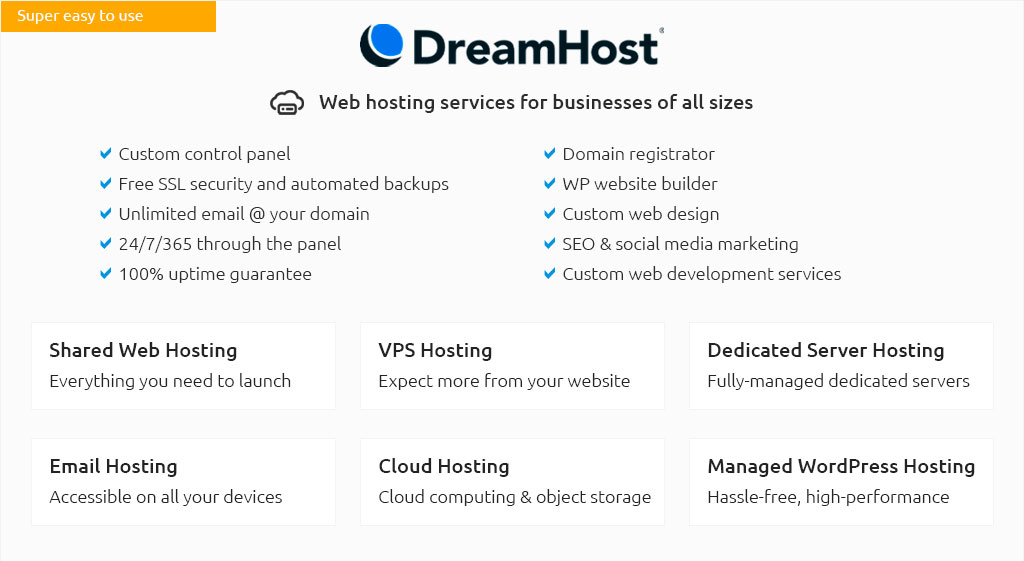 |
|||
 |
 |
 |
|
 |
|
 |
 |
 |
|||
 |
|||
 |
|||
 |
|||
 |
|||
 |
|||
 |
 |
Shared Hosting vs VPS Hosting: Understanding the Key Differences and BenefitsIntroduction to Web HostingWhen it comes to launching a website, choosing the right hosting service is crucial. Two popular options are Shared Hosting and VPS Hosting. Each has its own advantages and is suitable for different needs. What is Shared Hosting?Shared hosting is a type of web hosting where multiple websites share the same server resources. This option is typically more affordable, making it ideal for small businesses and personal blogs. Advantages of Shared Hosting
Limitations of Shared Hosting
What is VPS Hosting?VPS (Virtual Private Server) hosting provides a dedicated portion of a server's resources, offering more power and flexibility than shared hosting. It's an excellent choice for growing websites with higher traffic. Advantages of VPS Hosting
Considerations for VPS Hosting
For more information on VPS hosting, you can explore virtual server hosting for various options and insights. Real-World ScenariosConsider a small e-commerce store starting on a tight budget. Shared hosting is an excellent starting point. As the store grows and traffic increases, transitioning to VPS hosting ensures the site can handle more visitors and transactions efficiently. FAQs
For those looking for cost-effective VPS solutions, exploring cheap linux vps options can be a great start. https://www.bluehost.com/blog/shared-vs-vps-hosting-which-option-is-best-for-you/
The main difference between VPS and shared hosting is the level of control you have over the server your website runs on. https://www.hostinger.com/tutorials/shared-hosting-vs-vps-hosting/
In short, shared hosting is the less expensive option, as you share one server with other websites. You are given a limited number of resources ... https://www.reddit.com/r/webhosting/comments/7jqzc9/vps_vs_shared_hosting/
Will a shared hosting plan be okay for this? What are the disadvantages as opposed to using a VPS from somewhere like DigitalOcean?
|